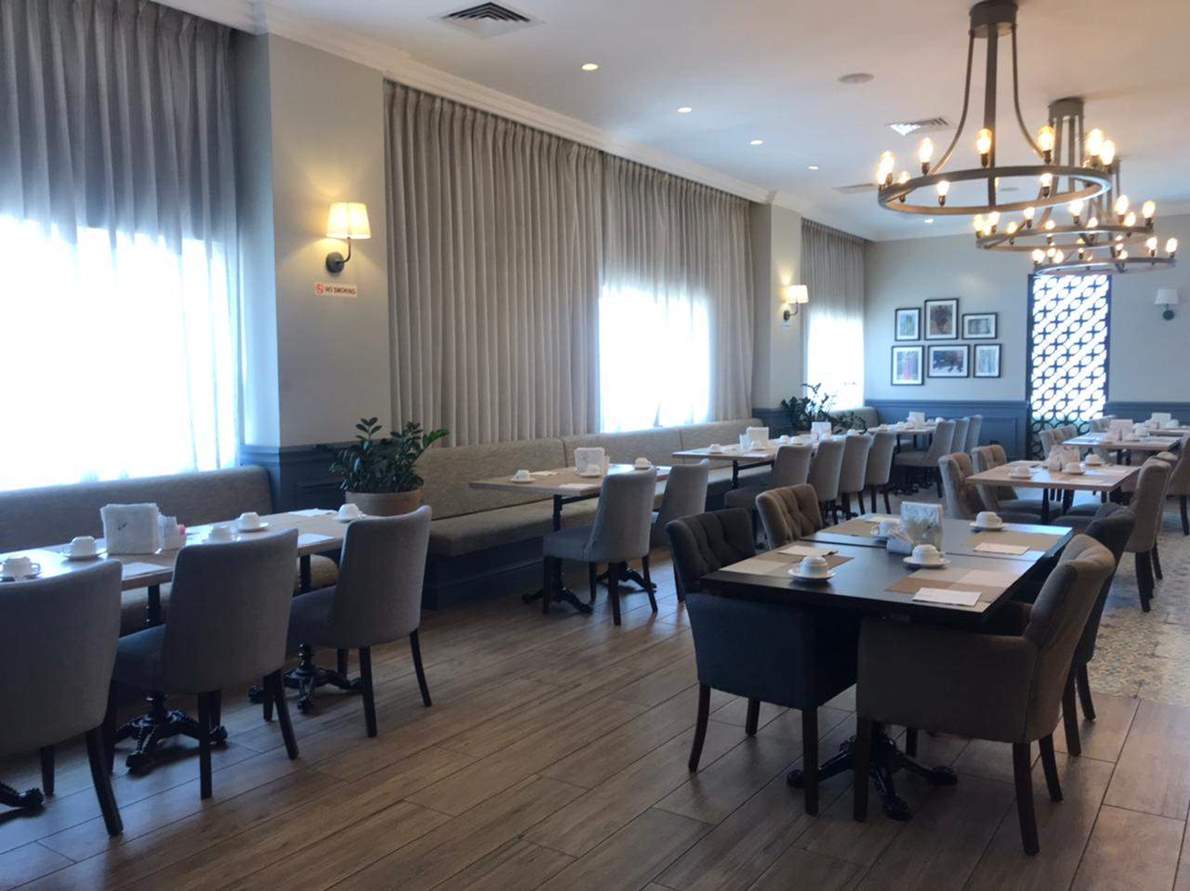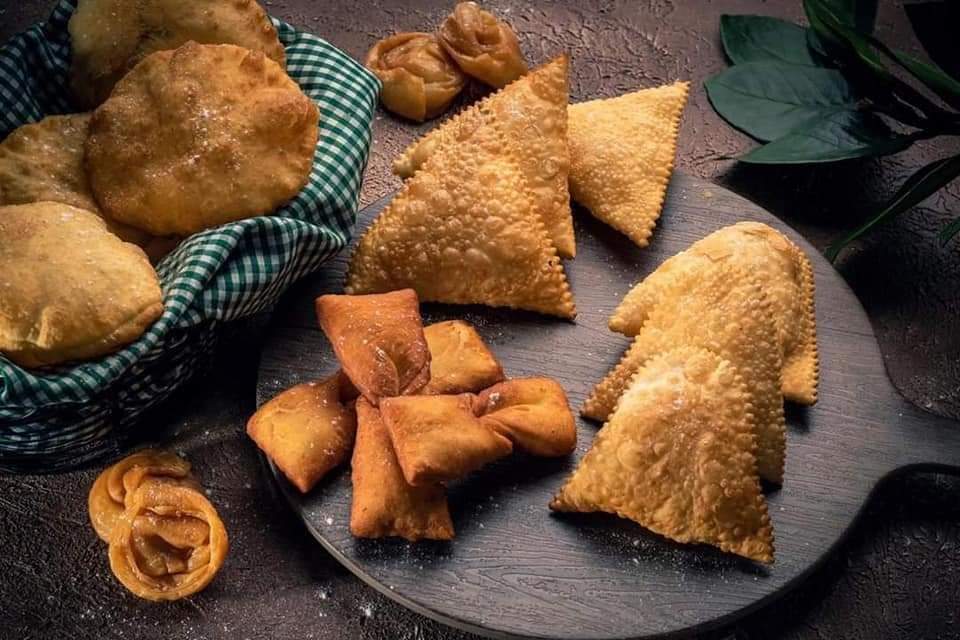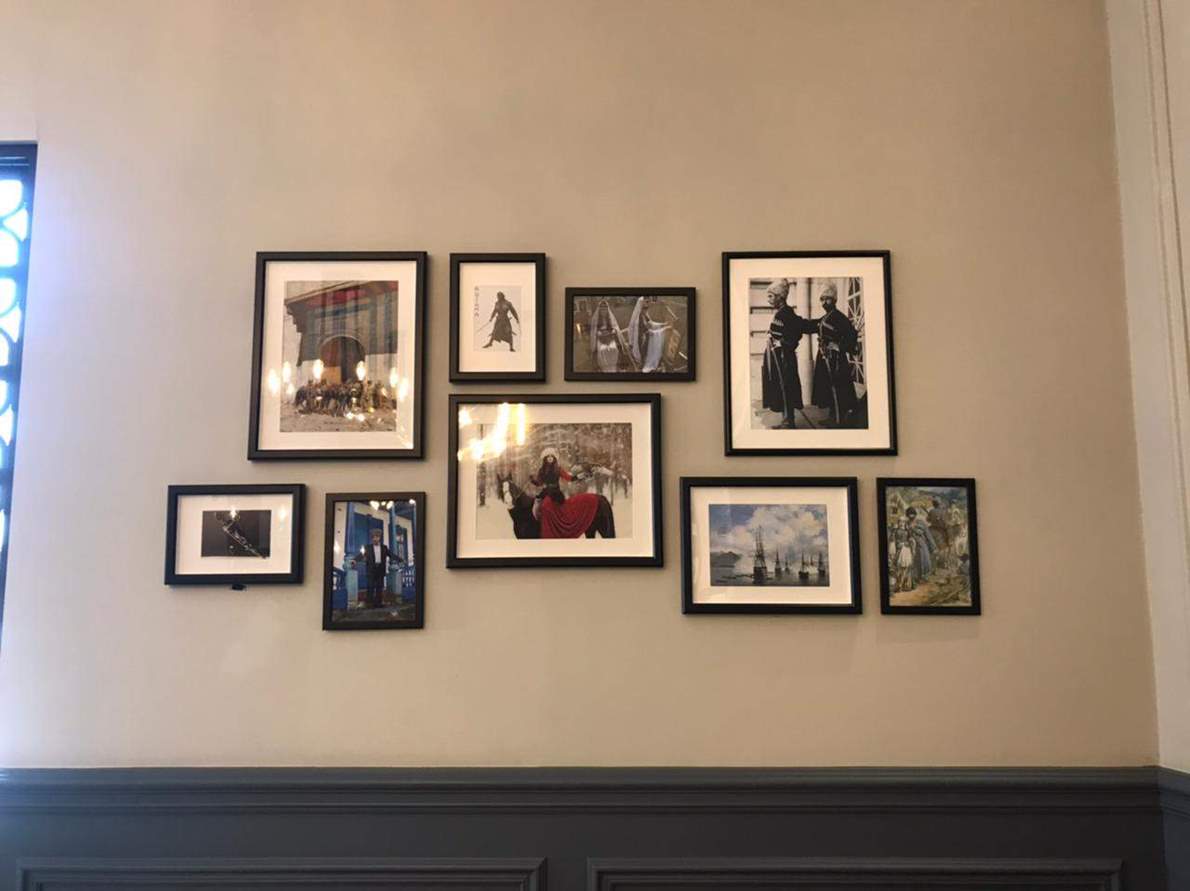AMMAN – Since 1932, the
Circassian Charity Association has served as a stalwart for a nation that
originates from the North Caucasus.
اضافة اعلان
Known among themselves as Adyghe,
the Circassian people, who were forcibly exiled to the Middle East in the mid-19th century, established the association as a civil society organization. Since its
foundation, it has been on a mission to preserve and pass on Circassian history,
culture, and identity.
 (Photo: Huda Dabeet/Jordan News)
(Photo: Huda Dabeet/Jordan News)
The association has seven branches
— including the women’s branch — that span across Jordan, operating in areas like
Jerash,
Naour, and Wadi Al-Seer.
“The Circassian Charity
Association is the home to all Circassians in Jordan,” said Mazhar Barsaiq, who
was visiting the association on Tuesday.
Barsaiq said that the association organizes recreational and educational activities, such as bazars and traditional
dance lessons.
Arafat Hakouz, another visitor at
the Circassian Charity Association, told
Jordan News that the
association connects all members of Jordan’s Circassian community and
encourages Circassian youth to learn their language, culture, and traditions.
 Traditional Circassian
pastries, haliva and laqum. (Photo: Handout from Samawer Kitchen)
Traditional Circassian
pastries, haliva and laqum. (Photo: Handout from Samawer Kitchen)
“The association, through its
various activities, reflects Circassian heritage and focuses on educating the
new generation about the importance of respecting women in Circassian society,”
Hakouz said.
The Samawer Kitchen, a subsidiary
of the association’s women's branch, is all at once a kitchen, a catering
company, and a restaurant that serves an array of Circassian, Mediterranean,
and international dishes.
Located near the 7th circle, the kitchen is named after the Samovar, a tea brewing kettle that is widely used by Circassians. Traditional dishes are prepared in Samawer Kitchen to preserve Circassian cuisine.
Ships w Pasta, one of the most
famous Circassian dishes in Jordan and across the world, is a hearty walnut
gravy served with chicken and rice and bulgur patties. The walnut gravy, known
to Circassians as Ships, is drizzled with Shibjidagha — a spicy, oil-based
sauce.
 (Photo: Huda Dabeet/Jordan News)
(Photo: Huda Dabeet/Jordan News)
Haliva, a fried triangular
turnover, is a staple of Circassian cuisine. Closely resembling sambusek,
albeit much larger in size, haliva is stuffed with either potatoes or
Circassian cheese and seasoned with chili powder.
Laqum is another popular fried
Circassian pastry that the local community indulges in. It is a sweetbread that
is often served with haliva over tea.
“Both Circassians and Arabs in
Jordan enjoy Circassian traditional food,” said Amera Yadaj, a chef at Samawer
Kitchen.
Yadaj added that Samawer Kitchen started
with only five women in 1971. With time, it was able to hire more cooks and
move to a much larger space.
“We want to keep Circassian
cuisine and recipes alive,” she said. “We don't want future generations to
forget about them. We are constantly educating people about how to make these
delicacies so that they can be preserved for future generations.”
Additionally, Yadaj mentioned, the
association works to support the local community by improving the lives of
women and children in areas such as education and employment. It organizes fundraising
projects, preserves and promotes Circassian heritage and culture, and aids
impoverished households. Money earned by the kitchen mainly goes towards Circassian
educational and cultural projects, she said.
Read more Lifestyle








